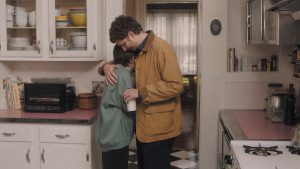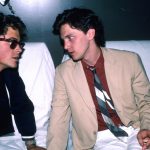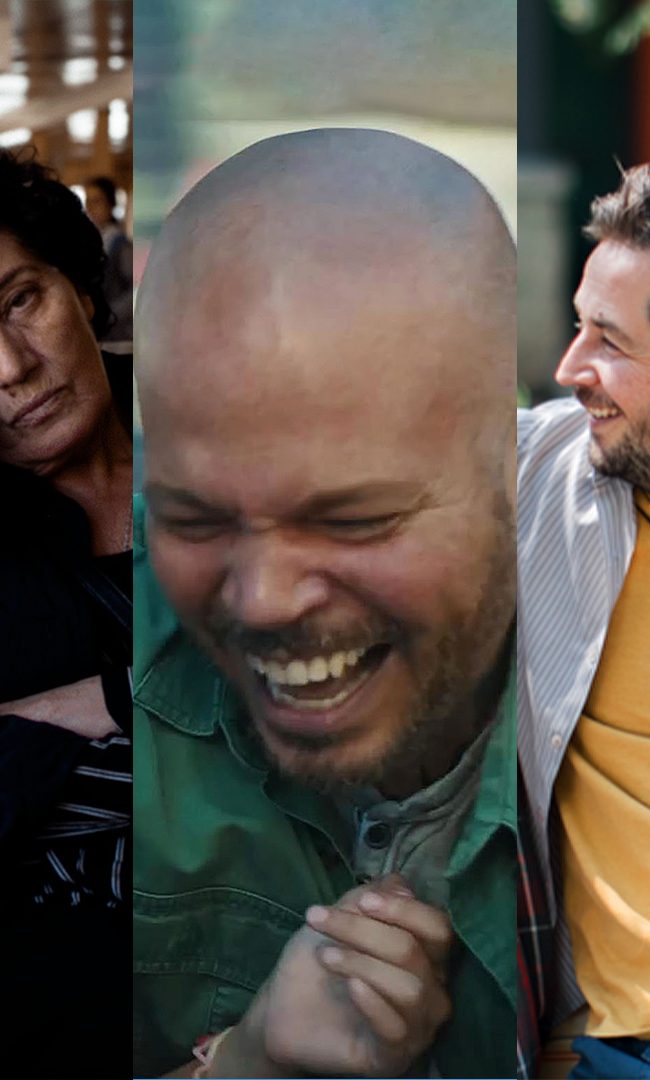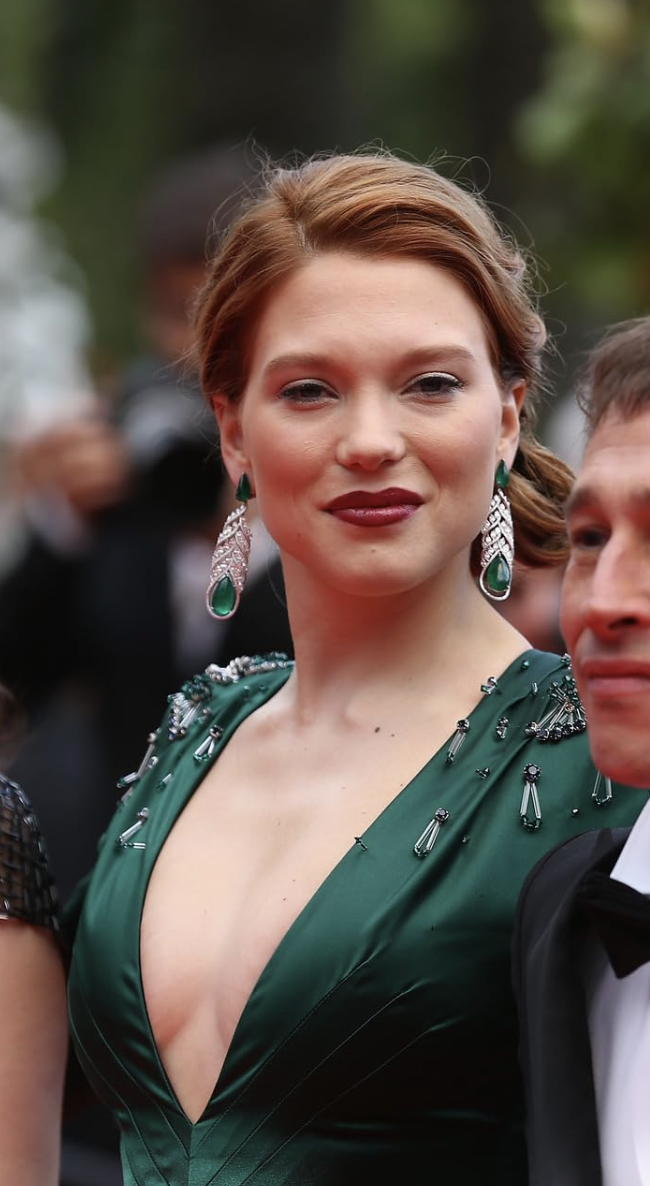A Conversation with Dustin Guy Defa (THE ADULTS)

Dustin Guy Defa has been a filmmaker for over a decade now and his entire career has been recently added to the Criterion Collection. The collection is streaming on the Criterion Channel right now and includes 9 films short and feature length. Outside of this collection, Dustin has recently written and directed The Adults, a feature film starring Michael Cera, Hannah Gross and Sophia Lillis. The film continues Dustin’s streak of dialog driven dramedies that are relatable as much as they are hilarious. Dustin has made a name for himself at numerous film festivals debuting films in Berlin, Sundance and SXSW. His latest film deserves attention and if you have missed his previous films now is the perfect time to catch up with his entire discography on the Criterion Channel. The following conversation was edited for length and clarity.
Hammer To Nail: Thank you so much for taking the time to speak with me today. I really have enjoyed marathoning your movies over the past week or so. I’ve been through the whole Criterion retrospective now and I just watched The Adults the other night. So yeah, I’m a really big fan of your films.
Dustin Guy Defa: Thank you.
HtN: Person to Person featured Michael Cera and The Adults again stars Michael Cera. I am wondering how this relationship started, and what is it about his acting style that you think suits your writing style so well?
DGD: Well, when we met on Person to Person, we didn’t really know each other. He came in very late in the process. I just met him for coffee and then the next day he was officially in the movie, but we didn’t know each other when we made that movie. Our friendship started after that actually. It just started developing. One of the things that really binds us together as friends is just our love of cinema and movies. We have very similar tastes and sometimes disagree, but you know, we both love Kurosawa, Mike Leigh and Kenneth Lonergan. so I think just talking about movies made me feel like writing for him. Just knowing Michael and being a friend of his and knowing him so well, I was able to really craft a character that I thought would be very interesting for him so he would be interested in playing.
HTN: For Bad Fever you worked with cinematographer Mike Giolakis, for Person to Person you worked with cinematographer Ashley Connor, and most recently for The Adults you worked with cinematographer Tim Curtin. All three films I think are very different visually speaking, especially The Adults, what was it like working with each of them?
DGD: For Bad Fever we made it for basically no money, Mike drove a truck full of equipment from Los Angeles. Mike worked on that film for free and now his career has absolutely taken off. Person to Person was just a hard movie to shoot with so many locations, so many on a small budget. It was a very oiled product because it had to be, but it was also intense, a lot of work. The Person to Person production did not have nearly as much planning as The Adults and because of that, the latter was a much more calm shoot. a lot more time spent working on the scenes and things like that. All of them have their own way of working. I’m lucky to have had them.
HTN: From 2011-2017 you made 8 movies short and feature, 2017 to 2023 you made one short film titled Editing, The Adults and co-wrote The Mountain with Rick Alverson. What inspired you to come back to the feature directing chair for The Adults and how long did the script take to conceive.
DGD: it’s not self-imposed. I wrote so many scripts during that time period. I think I wrote 8 scripts in that time period. I had casts attached to some of them but things just did not come together. I’ve been wanting to make another feature. That’s what I want to be doing. It’s hard to get a movie made. A lot of things need to happen and come together. I wrote a version of The Adults in 2020 that we were going to shoot but it didn’t work out. We would shoot in late 2021.
HTN: Your films are driven by the dialog, so much so that I wonder if you have ever considered writing for theater?
DGD: I have, yeah. I love plays and I’m a big fan of Kenneth Lonergan. I don’t see enough plays but I’ve thought about it because I think I could write a play. I do think dialog is one of my stronger suits that I’ve worked really hard on. It would be awesome.
HTN: Yeah well I will be there if there is a play. Despite the fact that these films are driven by dialog, music definitely plays an important role. Talk about working with Alex Weston on The Adults and also how the music worked on Person to Person.

A still from THE ADULTS
DGD: Since Person to Person music rights are such a mess and it is so expensive to get any relatively popular track. The movie has so much music in it and a lot of it came from the catalog of Numero Group. It was a very strong catalog. With this movie, it’s just that things are so expensive so I had to accept that most of my first choices would not work. I’m not at the level of, you know, Scorsese, Wes Anderson, etc. I can’t just get whatever song I want, I never really completely worked with a composer before. I’ve done a little bit on Person to Person.
This was the first time I was like very intimately with a composer who was going to fill out the whole movie. Alex is really just a very good collaborator. He is somebody who understands when a director doesn’t understand how to speak musically. He can adjust to what you’re trying to say and trying to express. It was just a really incredible experience working with him. And I was a little bit scared of the idea of a composer, but it ended up working out and I find his music really helps the movie and the movie really needed it. I’m very happy. It ended up being him and he worked on this movie. He is just incredible.
HTN: Michael Cera’s Tony Soprano impression was one of the biggest laughs I had in my marathon of your films. How did that moment come to be, did you write it knowing he could do that?
DGD: Maybe it was unconscious because I heard Michael do some very good impersonations. He’s very good at it. He doesn’t say it, but he can do it. I mean, he could really do it very quickly, but he has some good ones in store. He has a David Lynch and he has a Robert Durst. He has really, really good impersonations. I put The Sopranos in there and he just worked on it a little. It is funny the impersonation he is doing from Marge Simpson, I started with Pee-Wee Herman or something and we had to find something that both he and Hanna could also do. His talent is insane I would say what about Mr. Rogers and he nailed Mr Rogers in like a minute. But so Sopranos I don’t know how much he worked on it, but he killed it.
HTN: Another thing I found quite hilarious was Michael Cera’s band in Person to Person is called Cock Killer. How many Cock Killer songs actually exist?
DGD: Oh, well, it’s in the movie. I mean, it’s the same as in this movie where I wrote the lyrics into the script and then people had to write the music. Michael also wrote some of the music. It’s like three or something.
HTN: I loved the sequence in The Adults at around the 30 minute mark where Michael Cera speaks in this horrific accent in what starts off as a joke and turns out to be a serious conversation about Maggie’s aspirations, what was the thinking behind this moment.
DGD: It’s the first time introducing a silly voice in the movie, which will also become more recurring. I just was very entertained by the idea of him not breaking character and staying in a funny voice. The movie is about those connections and the way they were able to communicate when they were children in this childhood world. The bleeding of childhood stuff into the adult world. I think in that instance, Hannah, when she does the same voice at her job, it’s a little less contained. She’s letting it affect the real world. Later in the movie, he does say something like, “you thought I was the funniest person in the world.” So I think he’s still testing. He’s testing how funny she can think he is. He’s still trying to get answers from her and trying to connect to her. It’s hard With Maggie. With Rachel it’s much easier. He is really actually being that and actually caring about Button is concerned, but he’s still like having a distance. But I do, you know, continue to do the character.
HTN: I really enjoyed that moment. I thought it was exemplary of the themes and the vibe of the film. The poker sequences in the adults. I think it’s funny to think about it in the context of some of the other poker sequences in cinema history, like Casino Royale, for example. For Michael Cera’s character, his James Bond moment is when he goes all in at the larger buy-in poker game and it pays off. Why did you let him win and was the sound that he made on the flip of the cards in the script or improv?

A still from THE ADULTS
DGD: yeah, it’s in the script, but we didn’t know what it was. I didn’t know what it was going to sound like. And I don’t think we talked about it. Maybe a little. It was just part of the arc of the story. It’s sort of like the push and pull of his desire to win, his desire to stay in control, his desire to have some kind of power which you can’t really have with Rachel anymore, which I think he had when he was a kid. It is like a big part of the movie. It’s either he’s trying to let go of the other kind of playing that he did as a child. But what is this adult playing world that he has more control over or thinks he has more control over and continues to try to have more control? And he also wants to be the king of things. So it’s the balance of all those things happening, structurally, it just made sense. They would do that, you know, that a big win would happen at that moment. But then the big win would sort of be tugged away from him. And then he would lose it all in a certain way and then have to deal with Rachel. Right? Just like it’s just the screenwriting aspect to like making those the ups and downs of a story.
HTN: What have you found so rewarding about making short films throughout your career?
DGD: I started making shorts because I wasn’t making features or couldn’t get anything going. I just fell in love with the short film form and I think short films are really hard to make. they’re hard to make because I think it takes an understanding of the form of the short film to make a good short film. It’s the understanding of the short film form that really intrigued me. Instead of thinking of short films as any kind of path to a feature, mine are individual. In many ways they don’t have anything to do with feature films at all. It’s like the difference between a short story and a novel. I fell in love with It. I wasn’t in love with the short film form at all until I started making them. And then I really feel like I understand it in some kind of way and I don’t try to I don’t try to make something that has anything to do with anything. I’ve tried this were I don’t try to make the entire story. I just try to make the short. I have learned a lot from them because they do not take much money and they do not take much time to make. You don’t require outside forces. You can just make them without any money, which is what I’ve done. You just get to work with actors, maybe it’s only one day, which I’ve done a lot of or three days. It’s just like no pressure. And you get to experiment in some ways and learn,I’ve learned a lot as a filmmaker, just making them well.
HTN: They’re all really, really great. It’s such a blast to go through the entire retrospective. They all come together great. So I have time for one more question, and I really think that you’re a master screenwriter. Pretty basic question, but what’s one piece of advice you would give to an aspiring screenwriter?
DGD: It is so hard to make a good script and a good movie. I’ve just spent a lifetime working at the craft and being serious about it. I don’t write serious things, but I take it seriously. Be serious about the craft and learn as much as you can about the craft and watch a lot of movies and watch alone.
– Jack Schenker (@YUNGOCUPOTIS)











